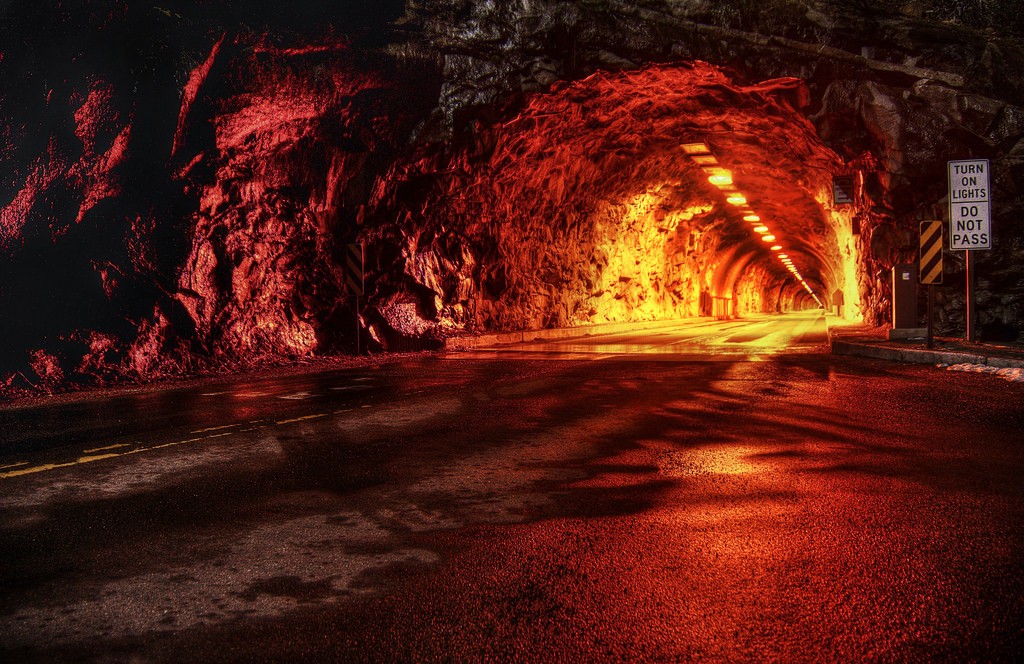|
In Dante Alighieri's The Divine Comedy, the City of Dis (Italian: Dite Italian pronunciation: diːte) encompasses the sixth through the ninth circles of Hell. Before the City is reached, in ninth canto, Dante encounters the unbaptised and then those who sinned by self-indulgence —the lustful, the gluttons, the misers and spendthrifts— and at the outskirts of the red-hot walls of City of Dis are the wrathful and those of ill-will. From this point on we find sinners who acted out of malice and wickedness. Immediately within the walls of the City are the Heretics, who, having disbelieved in immortality are forever imprisoned in red-hot tombs. Beyond are rings of those who were violent—to others, to themselves (suicides), to God (blasphemers), to art (usurers), and to nature (sexual perverts). Beyond the ruins of Dis are the frauds and corrupters, and finally the traitors.
In ancient Roman mythology, Dis Pater ("Father Dis") is the ruler of the underworld and is named as such in the sixth book of Virgil's "Aeneid", one of the principal influences on Dante in his depiction of Hell (the god was also known as Pluto, a name not used by Virgil in the Aeneid). The hero enters the "desolate halls and vacant realm of Dis with his guide, the Sibyl, who correspond in The Divine Comedy to "Dante" as the speaker of the poem and his guide, Virgil.
|
The City of Dis
|
|---|
The Road To Hell
 |
|
|
|
|
The City of Dis. A city that straddles upper and lower Hell, that is bounded by walls of red hot iron. Hell
is an unfashionable concept these days. The sophisticated don't believe in it, and many of the overtly religious seem
to delight in the idea that those who do not subscribe to their particular doctrines will spend eternity
within its confines. And of course, how can one who rejoices in the justice of God, not rejoice in the
eternal agony, agony that is by definition beyond that which one can bear, that is the implementation of the
justice of God, and which is, forever?
Personally, I have no idea if Hell exists, or not; more specifically I do not believe that it is possible
to know if Hell exists, not until it is too late, and of course if there is no life after death, one will never
know (dead things, if there is no survival of the self post mortem, being incapable of knowing anything).
Hell is, however, a useful metaphor; a touchstone by which we can understand things, and a lens that allows
us to examine some contemporary religious beliefs that have political implications in rather greater detail than would otherwise be possible. Do, for example,True Christians torture? Would they impose their values upon you, on pain of death and torture? Many say "No! - a True Christian could never do such things".
Clearly those who say such things are unfamiliar with the evidence...
And so welcome to Hell and the premiere city of Hell. I trust that you will, in due course, emerge to see once more, the stars of this universe and not remain eternally.
|
Links:
Dis was first written about, as a city, by Dante Alighieri in the first segment of the Divine Comedy, The
Inferno. Inferno is by far the most interesting of the three volumes of the Comedy, not least for
the portrayal of Satan, which was wholly original and full of
theological sense (if one regards theology as capable of sense).
That being said, Hell, is, in my not very humble opinion the reason one
must reject Christianity no matter if it is true or not.
To do otherwise would be to commit what must be, as you'll see, if you look hereabouts, a (what shall we call it,
perhaps, a) sin, infinitely worse than that committed by those individuals who knew of the Nazi death camps but denied
such knowledge in the certainty that this denial would preserve their position and immunity.
It will not do, and this web site, is, in many senses devoted to why it will not do. You'll find the main
index here. |
| |

